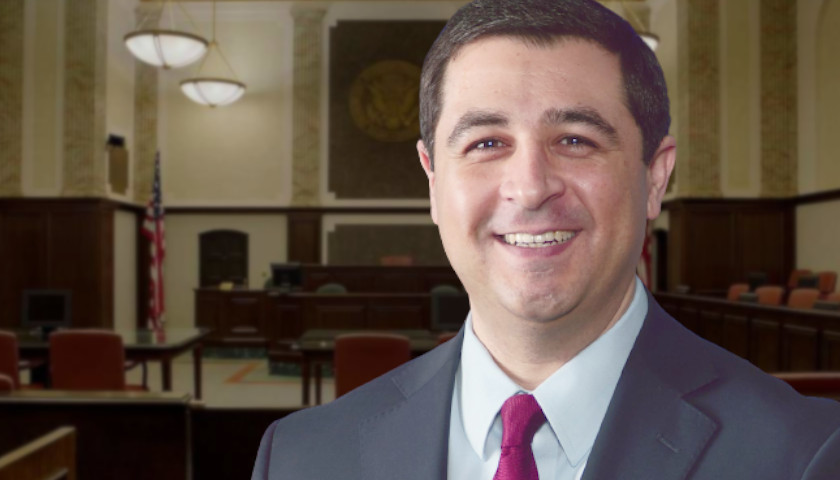by Anthony Hennen
Pennsylvania officials announced an expansion of its directory that helps residents find addiction services near them, part of a multi-year effort to simplify the process of finding licensed providers for drug and alcohol problems.
Information for about 600 licensed treatment facilities in the state have now been submitted for Pennsylvania’s Treatment Atlas, centralizing information for 81% of all licensed centers statewide. The Atlas has been a work in progress since 2021 and 7,000 assessments have been filed through it, DDAP noted.
“I’m pleased to announce that the results of this latest open enrollment period exceeded our expectations,” DDAP Secretary Latika Davis-Jones said in a press release. “We know that one size does not fit all when it comes to SUD treatment, and having more providers included in this tool will help provide more options to find that right fit.”
An anti-addiction nonprofit group called Shatterproof built the Atlas for $1.1 million – the money for which came from a federal block grant to fund substance abuse prevention and treatment, according to a DDAP contract.
The Treatment Atlas provides information on inpatient, residential, outpatient, and intensive outpatient facilities, DDAP noted. The centers can be sorted by location, types of services, payment options, and accepted insurers, among others. Residents seeking addiction treatment can also take an assessment to narrow down the type of care they might need.
The directory’s growth comes as the General Assembly looks to expand medication-assisted treatment in county jails, as The Center Square previously reported. House Bill 1515 expands the drugs that jails can use to treat addiction, but it does not require county jails to use MAT, though only a minority do so currently.
“People are in county jails longer than you would imagine,” Rep. Maureen Madden, D-Tobyhanna, said, who sponsored HB1515.
Expanding treatment for inmates, she argued, could benefit the incarcerated and improve the prison system.
“If it is our intention to rehabilitate people and to make sure they come out of prison in the best possible shape, in the best possible recovery, why on Earth wouldn’t we do this?” Madden said. “In the long run, we’re saving money by not reincarcerating people.”
HB1515 passed with strong bipartisan support in the House, 199-4. Republicans spoke highly of the opportunity that MAT expansion brings.
In 2015 Pennsylvania passed Act 80, which established the Nonnarcotic Medication Assisted Substance Abuse Treatment Grant for Pennsylvania county jails. This allowed facilities to set up pilot programs for Medication for Opioid Use Disorder, or MOUD, to test their effectiveness in helping inmates overcome their addiction and move forward with their lives.
“Research shows that inmates who work through these programs are 75% less likely to die from an overdose,” Rep. Craig Williams, R-Chadds Ford, wrote in a recent newsletter explaining his support. “Shortly after I took office, I met with inmates at the George Hill Correctional Facility who were going through their treatment program. The men I met with were all fighting addiction along with other, deeper issues that their addiction was just covering up. Every one of them wanted to be in the program.”
“If we want the men and women leaving county jail to succeed, then we need to be serious about giving them the tools they need to do so,” he added.
The bill will also require the Pennsylvania Commission on Crime and Delinquency to submit a report on MAT’s effectiveness in county jails. For MAT and other addiction-related programs and funding, such as the money spent by the Opioid Misuse and Addiction Abatement Trust, Madden noted the General Assembly has a special interest.
“That is something I’m speaking to different agencies with who track this kind of thing, and we are going to be very interested in looking at the reports,” she said.
Pennsylvanians can access treatment or recovery resources over the toll-free PA Get Help Now helpline at 1-800-662-HELP (4357), a 24-hour confidential line that can also connect callers with funding to pay for treatment.
– – –
Anthony Hennen is a reporter for The Center Square news wire service, covering Pennsylvania, and co-host of Pennsylvania in Focus, a weekly podcast on America’s Talking Network. Previously, he worked for Philadelphia Weekly and the James G. Martin Center for Academic Renewal. He is managing editor of Expatalachians, a journalism project focused on the Appalachian region.








